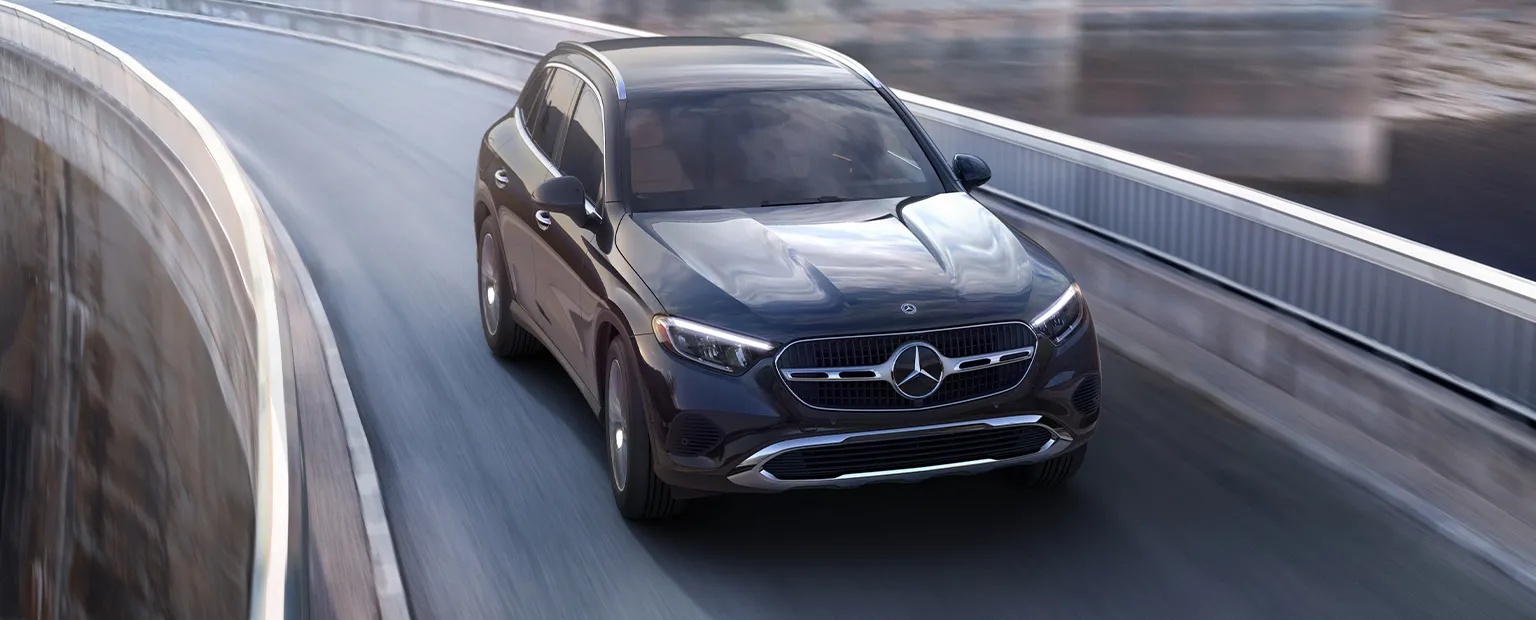Buying your first car is an exciting milestone, but with so many options available, it can be overwhelming to decide which one is the best fit for you. In this comprehensive guide, we will explore the key factors to consider when choosing your first car, taking into account various industry insights and expert recommendations. Whether you prioritize safety, affordability, or style, this article will help you make an informed decision that aligns with your needs and preferences.
1. Understanding Your Needs:
Before diving into the world of car shopping, it’s crucial to assess your individual needs. Consider factors such as budget, lifestyle, daily commute, and future plans. Are you looking for a compact car for city driving or a spacious SUV for family trips? By understanding your requirements, you can narrow down your options and make a more targeted decision.
2. Safety First:
Safety should be a top priority when purchasing your first car. Look for models equipped with advanced safety features such as anti-lock braking systems (ABS), electronic stability control (ESC), and multiple airbags. Additionally, consider vehicles that have performed well in crash tests conducted by reputable organizations like the National Highway Traffic Safety Administration (NHTSA) or the Insurance Institute for Highway Safety (IIHS).
3. Affordability and Fuel Efficiency:
As a first-time car buyer, it’s essential to consider the overall cost of ownership. Look for cars that offer good fuel efficiency to save on long-term expenses. Additionally, consider factors such as insurance costs, maintenance, and depreciation rates. Researching and comparing different models can help you find a car that fits your budget without compromising on quality.
4. Reliability and Resale Value:
Investing in a reliable car can save you from unexpected breakdowns and costly repairs. Research consumer reviews, reliability ratings, and manufacturer warranties to gauge the dependability of different car models. Additionally, consider the resale value of the vehicle, as a higher resale value can be beneficial if you plan to upgrade in the future.
5. Technology and Connectivity:
In today’s digital age, having advanced technology features in your car can greatly enhance your driving experience. Look for models that offer features like Bluetooth connectivity, touchscreen infotainment systems, smartphone integration, and advanced driver-assistance systems (ADAS) such as lane departure warning and adaptive cruise control. These features not only provide convenience but also contribute to overall safety.
6. Consider Used Cars:
Buying a used car can be a cost-effective option for first-time buyers. However, it’s crucial to research the vehicle’s history, maintenance records, and get a thorough inspection before making a purchase. Consider certified pre-owned vehicles that come with extended warranties and have undergone rigorous inspections to ensure their quality.
Conclusion:
Choosing the best first car involves considering various factors such as safety, affordability, reliability, and technology. By understanding your needs and conducting thorough research, you can make an informed decision that suits your preferences and budget. Remember, a car is not just a mode of transportation but also an investment in your daily life. Take your time, explore different options, and consult with experts to find the perfect first car that will accompany you on countless memorable journeys.




